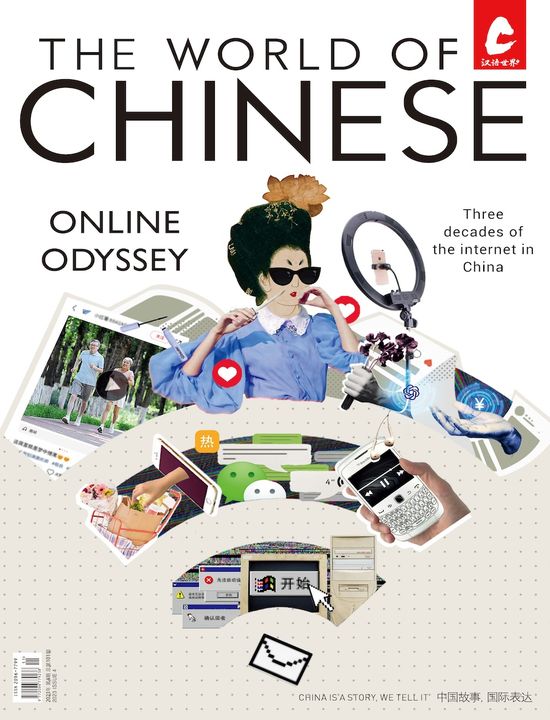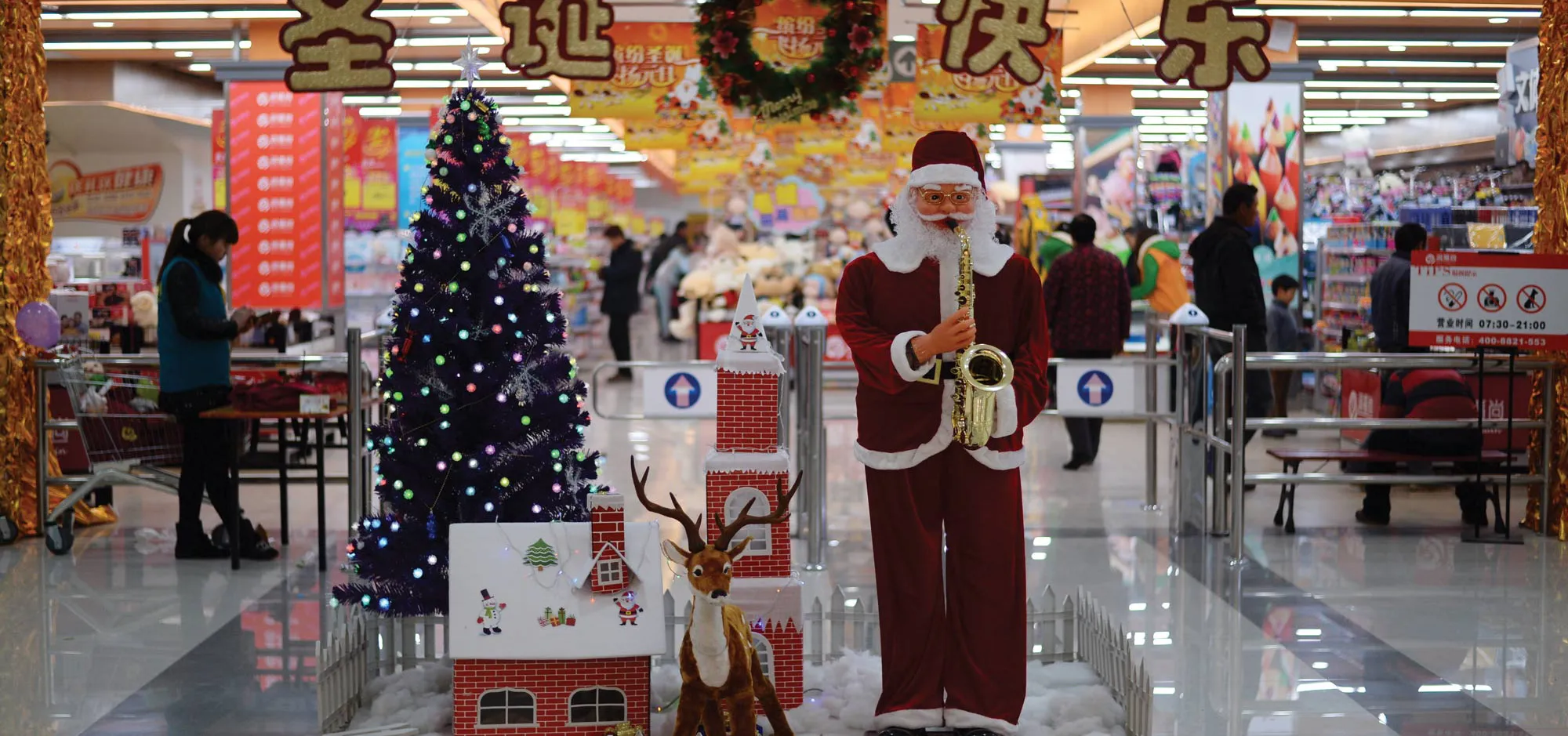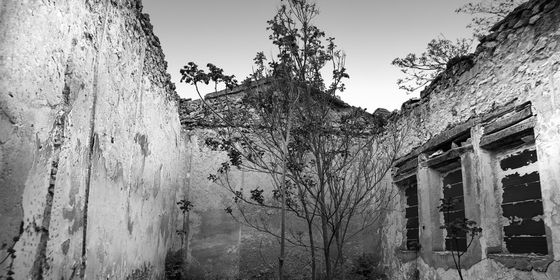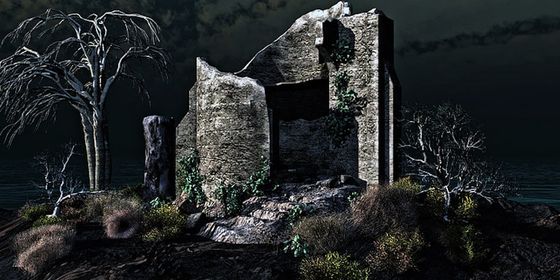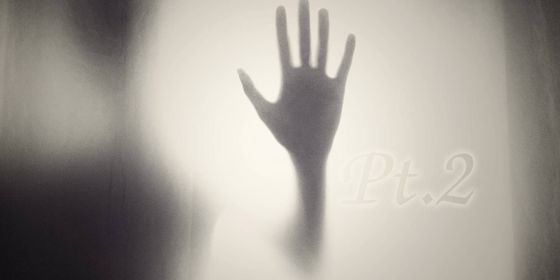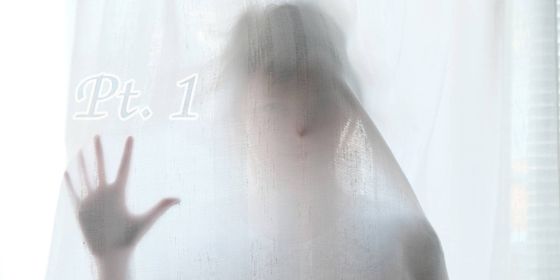Why some Chinese still refuse to get into the Christmas cheer
The year-end holiday season is in full swing, and so is the controversy surrounding Western holidays in China. Already on November 1, after Halloween, a woman complained online that children at a local Family Mart had been taking candy directly from the shelves, and getting staff to pay for it.
The post was shared more than 40,000 times as netizens huffed about Halloween: “Isn’t that robbery?” “Is it necessary for Chinese people to celebrate this festival?” “It’s not appropriate to ask for candy from people who don’t celebrate Halloween.” (Family Mart responded that it was a voluntary event initiated by staff).
The debate over whether Chinese should enjoy Halloween, or other Western-style festivals, continues. Hu Ping, a parent from Liaoning province, complained that her three-year-old’s kindergarten teachers “demanded parents prepare pumpkins and costumes for the kids, which took a lot of time.” Moreover, the class did nothing for the Chongyang Festival, a traditional Chinese holiday that took place just before Halloween this year. “Now I worry that when Christmas comes, I will have to find a Santa for my kid.”
Hu had reason to worry: Christmas is even more popular in China than Halloween. In first-tier cities, Santa Claus stands (often, inexplicably, with a saxophone) in shopping malls, and restaurants, surrounded by decorations, while carols play over sound systems. For many Chinese, who have no religious basis for celebrating Christmas, the holiday is simply a night out without any spiritual meaning. It’s enough to have an excuse to spend money and have some fun.
Of course, not everyone is ready to embrace the spirit of Christmas. In 2014, the education bureau in the coastal city of Wenzhou, Zhejiang province, tried to ban Yuletide activities in local schools and kindergartens. The same year, Modern College at Xi’an’s Northwest University prohibited its students from celebrating Christmas, instead, making them watch a documentary about traditional Chinese culture on Christmas Eve. The Communist Youth League of Shenyang Pharmaceutical University was the latest humbug, issuing a notice on in December prohibiting school departments to hold events related to “Western religious holidays.”
But such boycotts don’t represent the wider public. One Weibo poll of 60,000 users found that 53 percent were opposed to Modern College’s ban, while 47 percent supported it. Christmas lovers argued that most Chinese people also celebrate New Year on January 1, which is also technically a Western holiday. Others dismissed Christmas as a meaningless shopping day.
“I don’t think Western festivals should be boycotted, nor do I think they should be forced on people,” says Hu. “People can choose for themselves. Why does everyone have to do the same things?”
This story has been updated from the version that appeared in our print magazine.
“Holiday Humbug” is a story from our issue, “Cloud Country”. To read the entire issue, become a subscriber and receive the full magazine. Alternatively, you can purchase the digital version from the iTunes Store.
